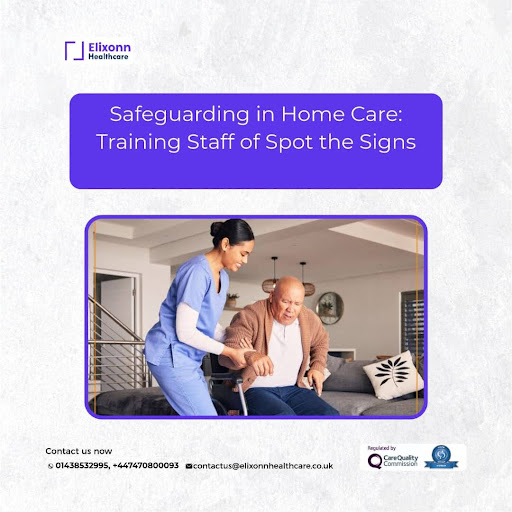As our loved ones age, a time may come when they can no longer manage entirely on their own. This can be a difficult realization, filled with a mix of concern and a desire to preserve their independence. Domiciliary care, also known as in-home care, can be a wonderful solution that allows seniors to remain in their familiar surroundings while receiving the support they need. But how do you know when it’s the right time to consider domiciliary care for your loved one?
Here are some key signs that may indicate your loved one could benefit from in-home care:
Changes in Daily Living Activities (ADLs):
- Difficulty with personal care: Tasks like bathing, dressing, toileting, and grooming can become challenging for seniors with limited mobility or dexterity.
- Meal preparation and nutrition: Are they struggling to cook healthy meals or skipping meals altogether? This can lead to malnutrition or unhealthy food choices.
- Medication management: Missing medications or taking them incorrectly can have serious health consequences.
- Household chores: Is the house becoming unkempt or cluttered? Difficulty with housekeeping tasks might be a sign they need assistance.
Safety Concerns:
- Falls and injuries: A history of falls or a fear of falling can be a major red flag.
- Confusion or memory problems: Forgetting to turn off appliances, leaving the stove on, or wandering can pose safety risks.
- Difficulty driving: Has their driving become erratic or unsafe? Consider alternative transportation options.
Physical and Mental Health Decline:
- Increased doctor visits or hospitalizations: Frequent medical issues might signal a need for closer monitoring and support.
- Changes in mood or behavior: Are they exhibiting signs of depression, anxiety, or social withdrawal? In-home care can provide companionship and emotional support.
- Decreased energy or stamina: Are they struggling with daily activities due to fatigue or weakness?
Social Isolation:
- Limited social interaction: Social isolation can be detrimental to mental and physical health. Domiciliary care can provide companionship and opportunities for socialization.
- Difficulty attending social events: In-home caregivers can assist with transportation and participation in social activities.
It’s Important to Consider:
- Your loved one’s wishes: Talk openly about their preferences and concerns regarding in-home care.
- Your family’s capacity to help: Can you realistically manage providing the level of care needed on your own?
- The severity of their needs: The type and amount of domiciliary care needed will depend on the individual’s specific situation.
Having a Conversation:
Talking to your loved one about domiciliary care can be a sensitive conversation. Here are some tips to approach it effectively:
- Choose a calm and private setting.
- Express your love and concern for their well-being.
- Focus on the benefits of in-home care, like maintaining their independence and safety.
- Listen to their concerns and answer their questions honestly.
- Involve other family members in the conversation for support..
Conclusion
Domiciliary care can be an excellent way to ensure your loved one receives the support they need while remaining in their cherished home. By being observant, open to communication, and seeking professional guidance, you can make the best decision for their well-being and continued independence.





